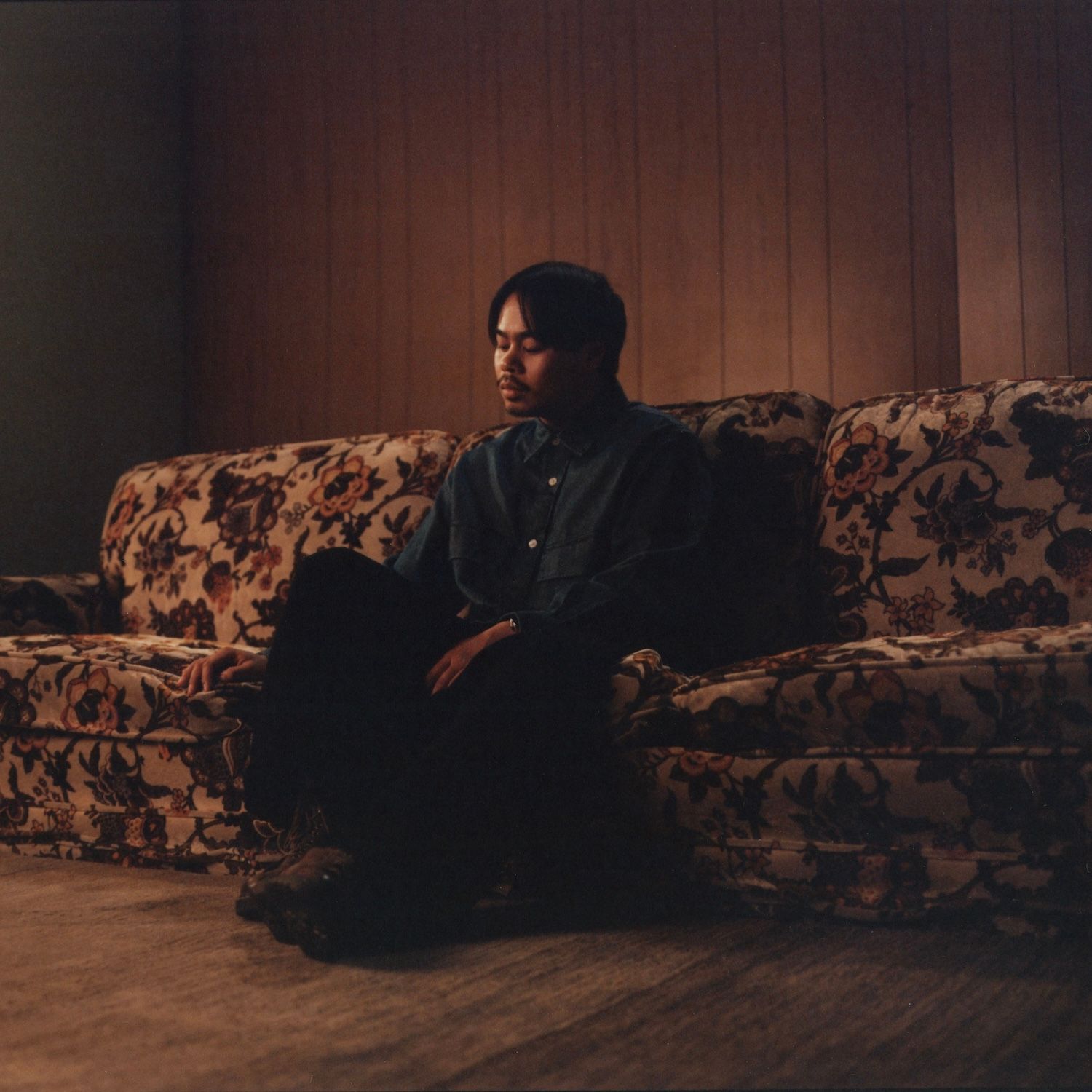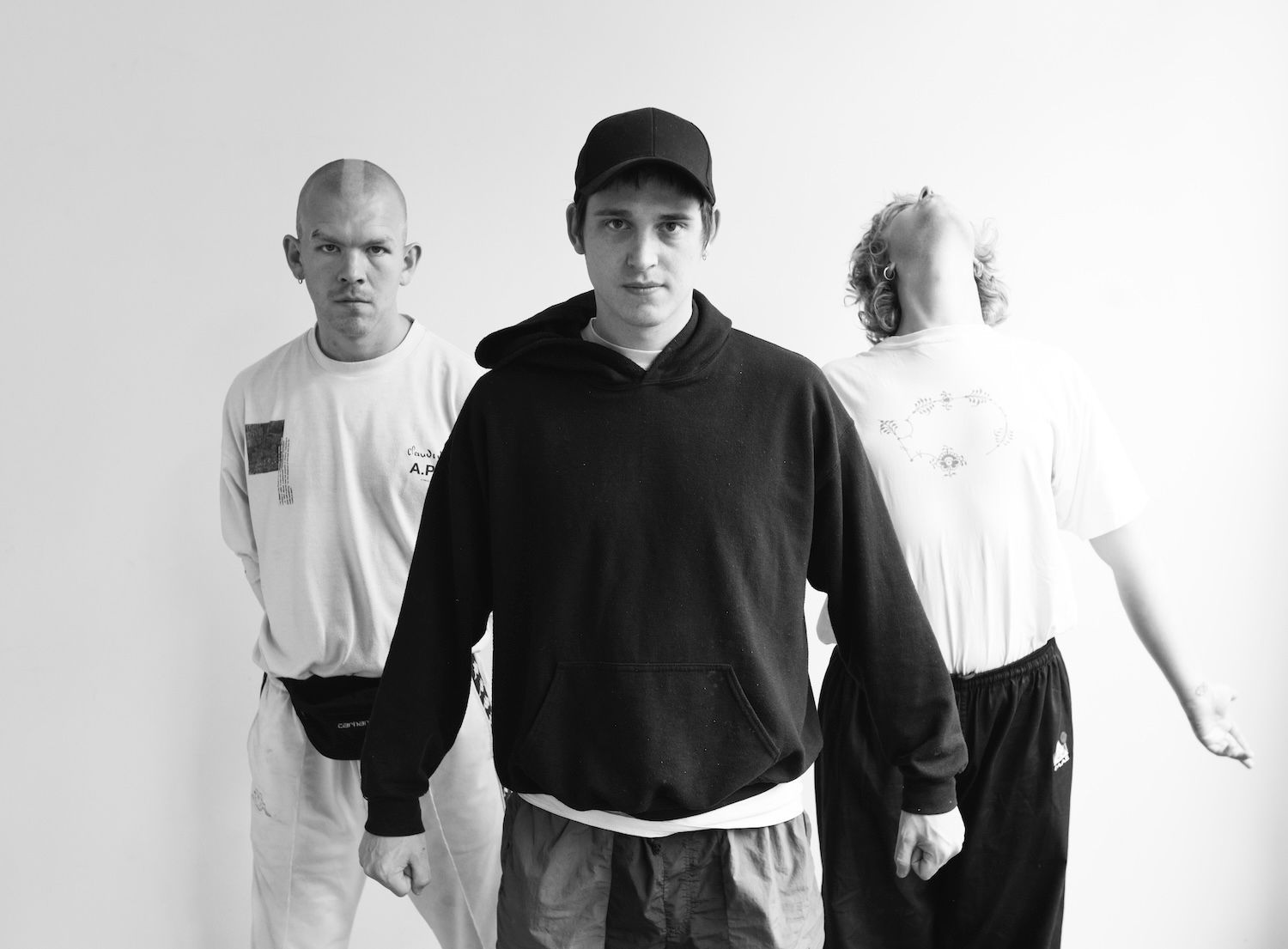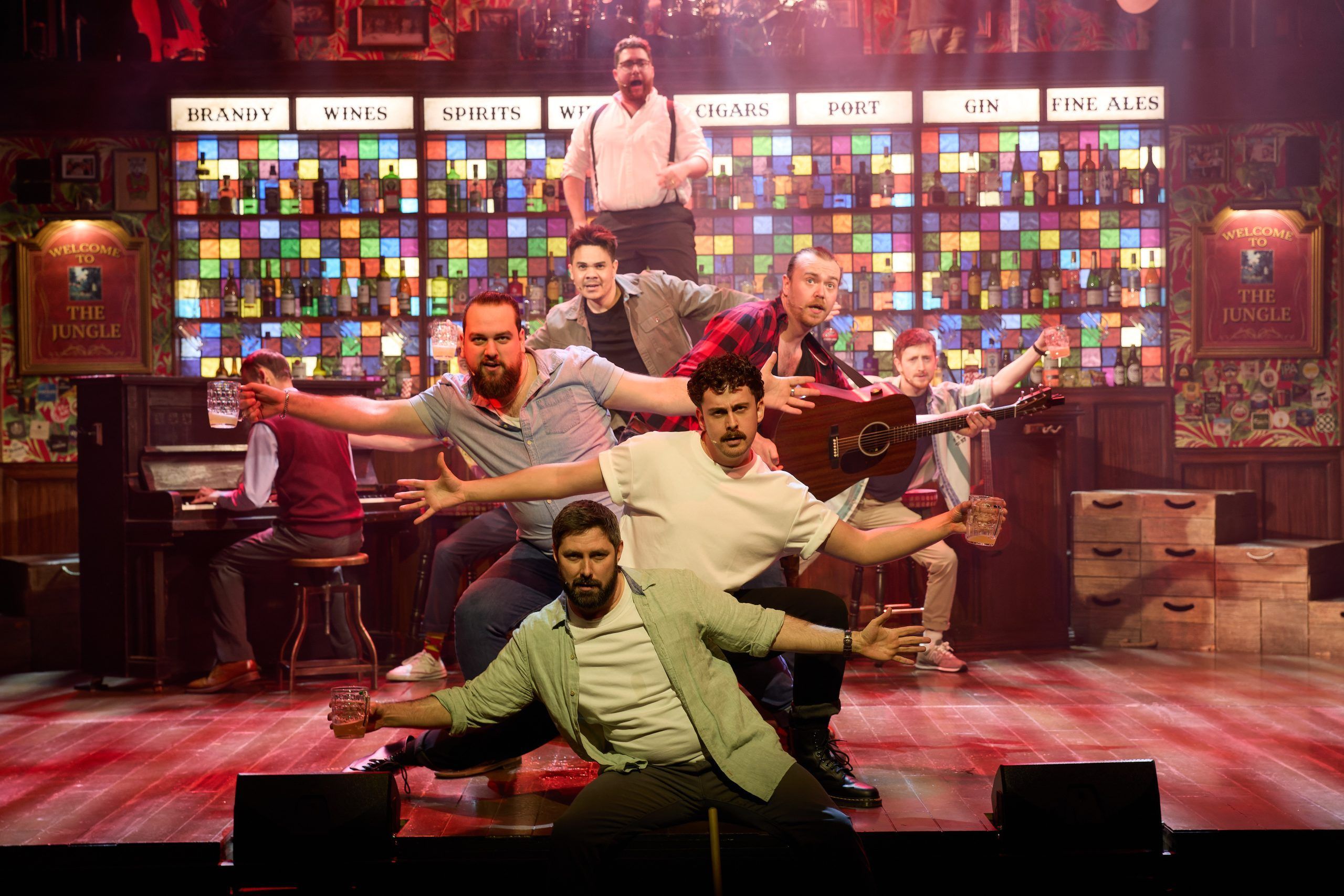Lady Luck is now an iconic figure in pop culture — a symbol of fortune, fame, and the allure of gambling. It stems from a greater phenomenon that is embedded in the history of casinos, which had developed from simple gaming establishments to symbols of wealth and entertainment. Moreover, the emergence of online casinos has only heightened this connection, bringing Lady Luck closer to home for players around the world.
Decades of Lady Luck and the History of Casinos
For years, casinos have attracted people looking for more than just entertainment; they are a hunting ground to those wishing to taste the games of chance. Lady Luck—perhaps visualized as a magically spirited figure dispensing fortune flippantly to the fortunate—has long been a figure in gambling lore. This personification further conveys society’s obsession with luck and the volatility of chance.
Into the 20th century, as casinos grew ever more popular, they became symbols of glamour and excitement. Many casinos became closely associated with glamour and thrill. The excitement of hitting the jackpot, combined with the flashy ambiance of casinos, made Lady Luck become a cultural mainstay. The growth of online casinos has taken such phenomenon a few steps further. Now, players from all walks of life can challenge Lady Luck in the comfort of their homes. This has opened the doors to gambling, and it’s now one of the hottest forms of entertainment.
The Reigning Lady Luck in Media and Advertising
In addition to physical casinos, Lady Luck also appears in movies, print media, and advertising. Films such as “Casino Royale” and “Ocean’s Eleven” portray gambling as a glamorous pursuit—complete with central characters who embody luck and risk-taking. Depictions of gambling in mass media perpetuate the notion that fortune favours risk-takers.
The Role of Technology
Technology has changed the way people engage with Lady Luck. The prevalence of online casinos has made an immense impact in this realm because they have a great deal of games that try to emulate what a real-life casino would feel. This trend widens the circle of players and even leads to new solutions, such as live dealer games and mobile apps, which keep players engaged.
The technology has led to new gambling entertainment opportunities, such as watching an influencer test their luck through live-streamed gaming sessions on services like Twitch. This very much shows how digital platforms can capitalize on the appeal of luck-based digital games while creating communities around collective gambling experiences.
Conclusion
From the gambling halls to the screen, Lady Luck is still a popular figure today, a muse that conjures the thrill of being on the line in the betting house. Her cultural relevance endures as casinos continue to evolve, especially worshiped at the shrine of online casinos. She embodies the dream of good fortune, but also of the risk-taking aspect of games of chance. For this reason, we all need to understand this duality, as both players themselves and society as a whole navigate this appealing aspect of our culture.
What about you? Have you ever felt Lady Luck while participating in any game? Tell us in the comments.




